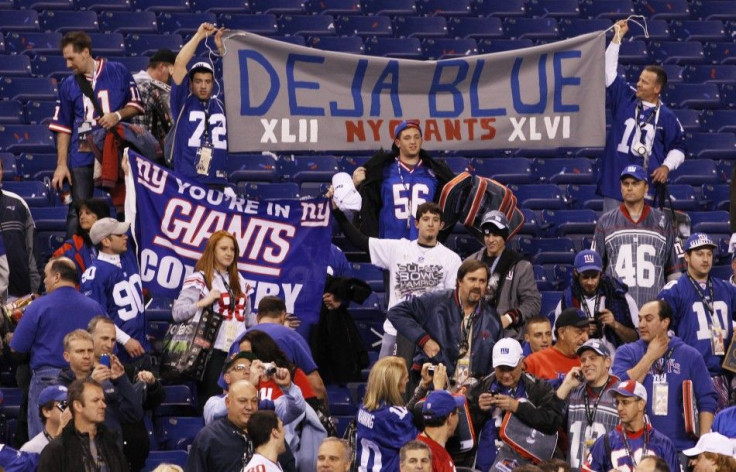Should the Day After the Super Bowl be a Holiday?

The Super Bowl may be an unofficial national holiday, but does it make sense to make the day after an actual national holiday?
On the day after the Super Bowl last year, 1.5 million Americans called in to work and another 4.4 million were late to their jobs.
A study by The Workforce Institute at Kronos Inc., a Massachusetts based workforce management consulting firm, shows that Americans are more likely to call in sick on the day after the Super Bowl and those that do show up are more likely to waste time.
The study also showed that nearly 10 percent of the American workforce will actually think ahead and just take the day off as a vacation day.
Once other factors like hangovers, water cooler chit-chat about the game and the commercials, and energy devoted to pools and other kinds of betting are factored in, the loss of productivity can be staggering.
According to SmartMoney Magazine, the hit to productivity could be as steep as $1 billion over the two week period surrounding the Super Bowl with $170 million of that coming on the Monday following the game.
To be fair, these studies should be taken with a grain of salt as they assume that employees would be fastidiously working during the time wasted, on the Super Bowl, but undoubtedly some of the planning and discussions are done on regular breaks from work or other down time.
But does all of this mean a national holiday is necessary? Just because too many Americans over indulge, does that mean that it is better to give all employees the day off?
Some say that adding an extra holiday to the calendar wouldn't be such a big deal, in fact it could be a positive.
Given that the average private-sector worker in the U.S. receives only six paid holidays a year, an extra day off would hardly dent our national productivity, suggests Timothy Lavin of the Atlantic. But more importantly, Super Bowl Monday could serve as a rallying point for reorienting our public understanding of sports and fighting the scourge of obesity. Dedicate the day to a midwinter festival of amateur athletics, and use it for things like volunteering to help Special Olympics kids, playing in community basketball and flag-football tournaments, and competing in charitable 5Ks and triathlons.
If Super Monday, were to become a holiday it could be a dangerous precedent. Yes, the Super Bowl is a huge time waster at work, but it pales in comparison with the nearly month long NCAA Mens' Basketball tournament in March and April.
It is a difficult question and one that fundamentally questions people commitment to their work. What do you think? Is it Super Monday worth its own day off?
<a href=http://polldaddy.com/poll/5916421/ mce_href=http://polldaddy.com/poll/5916421/>Should the day after the Super Bowl be a holiday?</a>
© Copyright IBTimes 2024. All rights reserved.





















